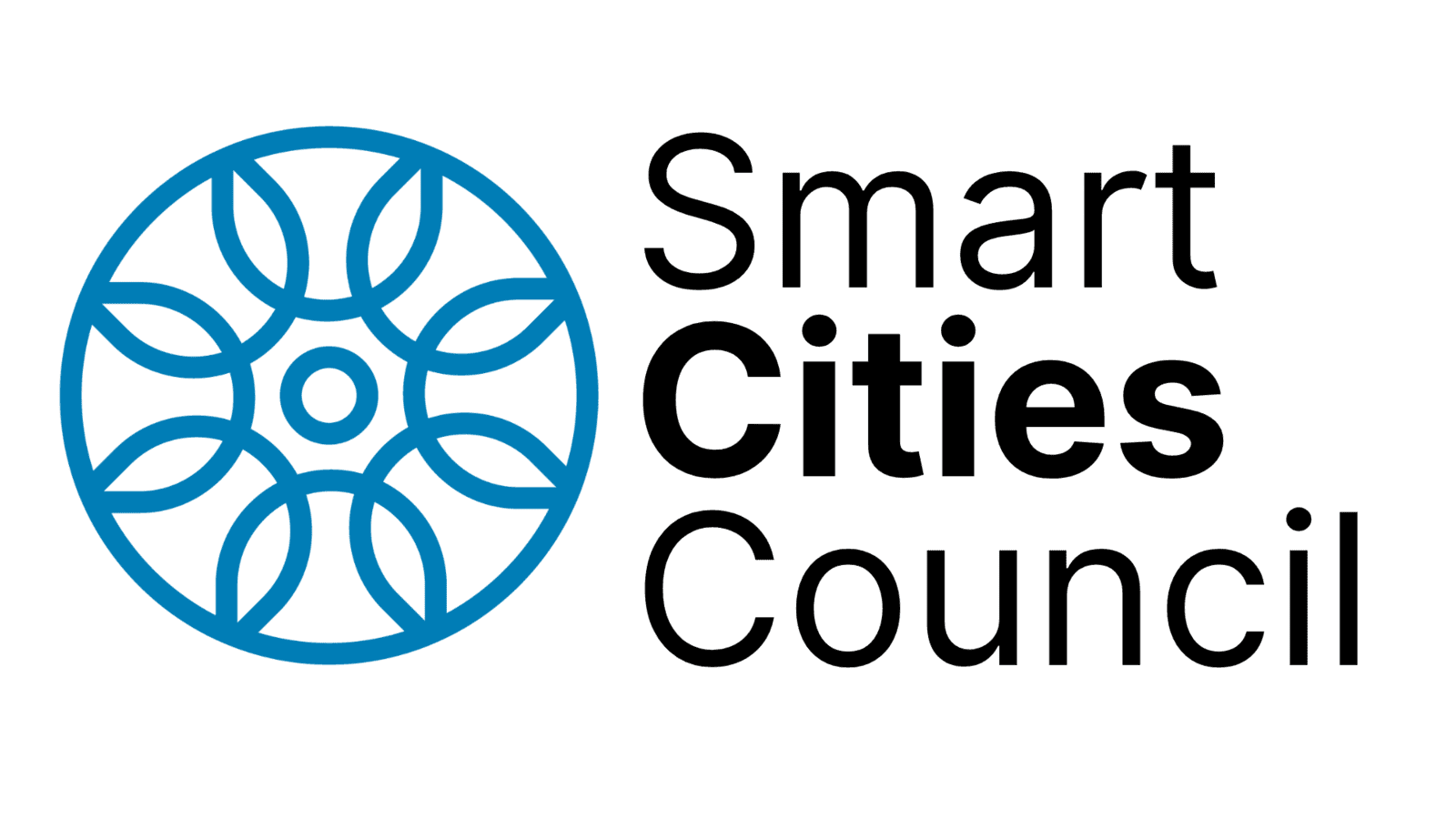On Wednesday, Smart Cities Council (SCC) brought together leaders and innovators in the transport infrastructure sector for a dynamic webinar focused on "BIM, Digital Twin: Asset Management (Roads and Tunnels)." Led by Karandeep Chadha (KC), the session featured expert insights from Achini Peiris (Aurecon), John Fitzgerald (FSC), Sam Wiffen (Reveal), and Andrew Curthoys (Australasian BIM Advisory Board). The conversation delved into the digital transformation reshaping how we design, build, and manage major transport assets-especially roads and tunnels.
If you missed the live session, we invite you to watch the full recording and read on for key highlights, themes, and ways to get involved with SCC’s ongoing initiatives.
Key Themes & Insights
The Unique Complexity of Transport Infrastructure
The panel began by exploring what sets the transport sector apart in the context of digital transformation. Unlike buildings or utilities, transport assets such as roads and tunnels are linear, geographically dispersed, and often intertwined with existing infrastructure. This complexity is amplified by the scale of projects-many of which are delivered in “brownfield” (already developed) environments-requiring sophisticated data integration and management.
Achini Peiris highlighted the challenges of overlaying new projects onto existing asset bases, while John Fitzgerald emphasized the diversity of data sources and the critical role digital twins play in supporting better decision-making across these complex networks.
Digital Twins as the ‘Spine’ of Smart Cities
A recurring metaphor was the idea of linear infrastructure as a “spine”-a foundational framework upon which other assets and systems can connect. Andrew Curthoys noted that as Australia faces significant infrastructure challenges over the next decade, digital twins will be essential for creating future-ready, interconnected urban environments.
Major Projects and the Role of Data
The discussion touched on headline projects like the Brisbane Olympics 2032 and Sydney’s Second Airport. These initiatives are not only capital-intensive but also present unique opportunities for digital integration from the outset. The panel stressed the importance of considering the entire asset lifecycle-from business case and planning through to operations and maintenance.
Sam Wiffen and Andrew Curthoys both underscored the need for a robust “handshake” between the capital (CapEx) phase and the ongoing operations (OpEx) phase. Too often, valuable data generated during design and construction is not effectively transferred to those responsible for long-term asset management, resulting in lost opportunities for efficiency and cost savings.
Underground Utilities: The Hidden Challenge
A standout topic was the critical importance of underground utility data. As Sam Wiffen explained, projects like the National Utility Asset Register in the UK-and recent pilots in Australia-are demonstrating how early, collaborative data sharing can de-risk projects, prevent costly surprises, and improve safety. The Sydney Light Rail project was cited as a cautionary tale, where inadequate underground data led to significant delays and overruns.
Cultural and Commercial Maturity
Beyond technology, the panel agreed that cultural change and commercial maturity are key to successful digital transformation. John Fitzgerald pointed out that the greatest leaps forward have come from improved collaboration and risk-sharing among project stakeholders, rather than from technology alone.
Audience Questions & Discussion Highlights
The session’s interactive format encouraged audience participation, with questions focusing on:
- Best practices for digital twin implementation
- Governance frameworks and capability building
- How to ensure data generated during construction is operationalised for long-term asset management
- Examples of successful digital twin projects in Australia and abroad
Get Involved: Next Steps & Call to Action
SCC is committed to advancing digital transformation in transport and infrastructure. If you’re interested in participating in future webinars and discussions, joining SCC task forces and connecting with experts and peers in the sector, reach out to Smart Cities Council today to learn more about how you can get involved and help shape the future of smart, sustainable infrastructure or apply now to join us.

